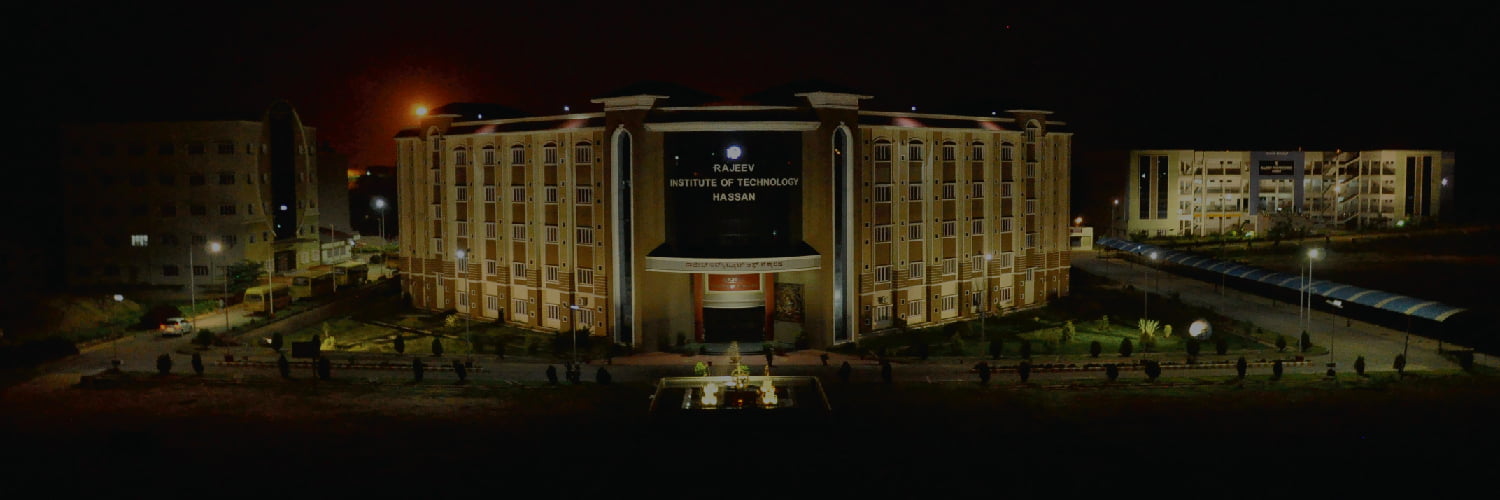
Academic Council
Academic council ensures quality in academic activities.
Objective: The central aim of the Council is to establish a thriving academic environment and enrich the student learning encounter. It systematically supervises students’ academic experiences and conducts comprehensive evaluations.
Structure & Constitution of the Academic Council shall be as under:
ACADEMIC COUNCIL MEMBERS |
|||
Sl.No. |
Name |
Position |
Contact No |
| 1 | Dr. Mahesh P K | Principal | 9008235126 |
| 2 | Dr. Mohana H S | Member | 9448783239 |
| 3 | Dr. Ramamurthy D | Member | 9035653506 |
| 4 | Dr. Prakash Kuravatti | Member | 9611754666 |
| 5 | Dr. Arjun B C | Member | 9844584208 |
| 6 | Dr. Kuldeep B | Member | 8105734073 |
| 7 | Dr. Pratibha G | Member | 9008194351 |
| 8 | Dr. Pradeep KGM | Member | 7780440815 |
| 9 | Dr. Prashanth S J | Member | 9164109821 |
| 10 | Dr. Sharath M N | Member | 9108719643 |
| 11 | Mr. Sujay | Member | 9743083229 |
| 12 | Dr. Thammana H N | Member | 9045494589 |
| 13 | Mr. Umesh B D | Member | 9663714172 |
| 14 | Mrs. Bhavani B S | Member | 9480546658 |
| 15 | Mrs. Veena K P | Member | 9449851804 |
| 16 | Dr. Chandana S N | Member | 9964586699 |
| 17 | Mrs. Jyothi B G | Member | 9448346631 |
Meetings: Subject to the Head of the Institute’s approval, the Member Secretary is responsible for convening regular meetings of the Academic Council, occurring at least once a week and when necessary. The agenda’s preparation falls to the Member Principal, who requires approval from the Head of the Institute. For a valid meeting, a quorum of half the members is essential. If a quorum is not attained within the first half-hour, the meeting adjourns to a later convenient date. In the adjourned meeting, if a quorum is still absent within the initial half-hour, the present members establish a quorum and proceed with the meeting.
Roles & Responsibilities: The Roles and Responsibilities of the Academic Council encompass the following key areas:
- Reviewing University-prescribed courses of study, academic regulations, curricula, and related modifications. Providing considered opinions, comments, and modification requests to the affiliating University for their deliberation.
- Establishing admission regulations for various study programs, in alignment with University and Government norms.
- Formulating Regulations in harmony with University standards for the organization of Continuous Evaluation Assessments (CEA). Initiating strategies to enhance teaching quality, student evaluation, and the student advisory system.
- Developing policies to enhance Teaching-Learning Processes (TLP) within the Institute. This includes promoting innovative teaching methods, integrating ICT tools for teaching, identifying educational needs, and addressing them.
- Creating regulations for sports, extracurricular activities, and overseeing the proper upkeep and functionality of playgrounds and hostels.
- Recommending new study program proposals to the Governing Body for consideration.
- Suggesting the institution of scholarships, studentships, fellowships, prizes, and medals. Developing regulations for their fair distribution.
- Advising the Governing Body on matters pertaining to academic affairs.
- Cultivating a culture of faculty engagement in Sponsored Research, Industrial Consultancy, Continuing Education, and related initiatives.
- Undertaking any additional responsibilities as delegated by the Governing Body.
In fulfilling these responsibilities, the Academic Council contributes to the comprehensive development of the institute’s academic environment and quality standards.


